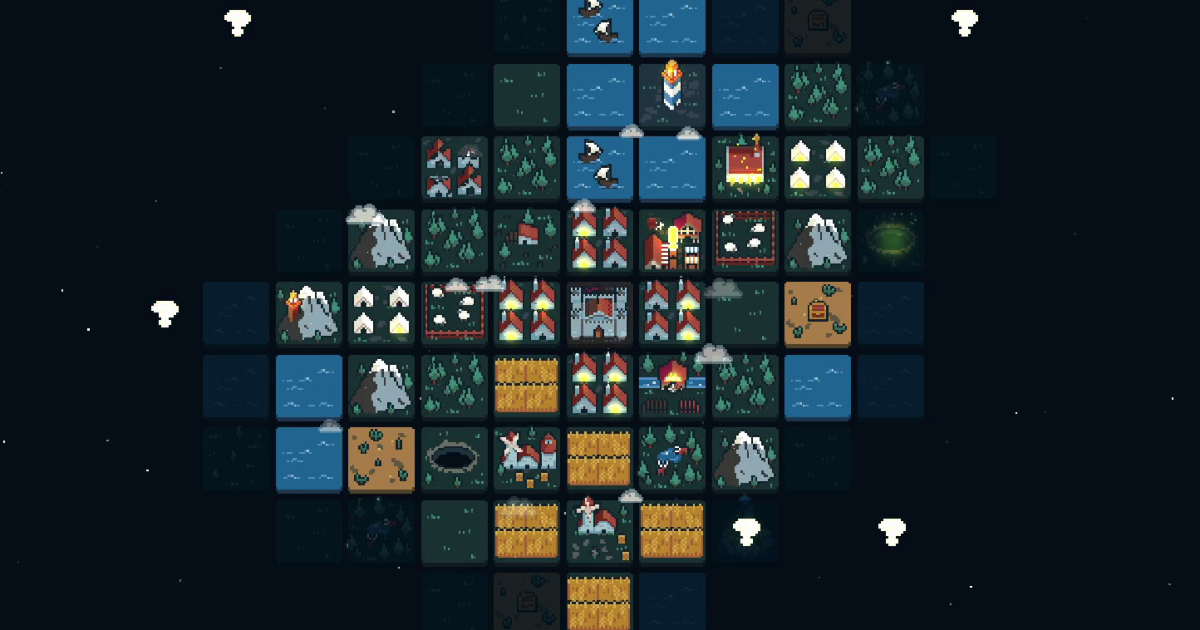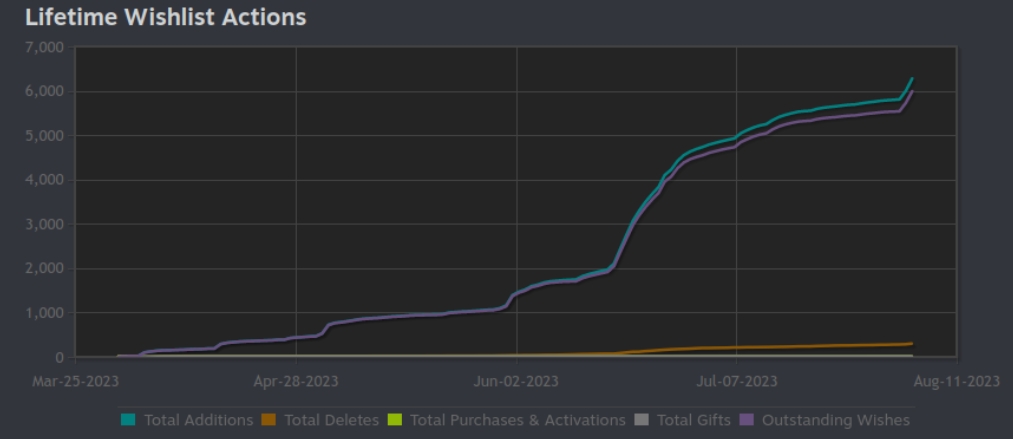Darenn Keller, who left Ubisoft two years ago to pursue his dream of making his own games, has opened up about trying to pitch his project to publishers. Here is how he received detailed and valuable feedback from one of the biggest players in the indie sector, Devolver Digital.

Lueur and the Dim Settlers
We learned Keller’s story after a post he made on Reddit last week. But before getting into details, a few words about the game, Lueur and the Dim Settlers.
It is a tile-based survival city builder focused on short gameplay sessions and many macro and micro management decisions. There are also genre-bending mini-games that incorporate elements of other titles such as RPGs or farming sims. For more context, you can watch a trailer below.
To get in contact with publishers, Keller used a tutorial to make a pitch deck, which he even shared in full. Apart from typical information about the gameplay features, the USP, and the project’s roadmap, the presentation also revealed the number of wishlists that Lueur and the Dim Settlers had at the time — 7,340 (as of August 2023).

After getting his first rejection (from ChuckleFish) three weeks later and then despairing of hearing back from anyone else, Keller was suddenly contacted by Clara Sia, business development manager and senior influencer strategist at Devolver Digital.
She noted that the planned release date (2024) was too early for the company, so she asked Keller about the possibility of launching Lueur and the Dim Settlers in 2025. Sia also sent him several questions, including the projected budget, plans for a multi-platform release, and the need for outsourcing and additional staff. Keller shared a link to his answers, saying that he was making the game using Godot and the “budget of my dream game would be: the cost of my time + the cost of consultants on specific subjects + the inherent cost of marketing, localization, distribution, and porting.”
He expects players to complete Lueur in 15-30 hours (excluding the roguelike mode and optional challenges), also sharing the stats for a demo. It had an average playtime of 54 minutes, with 7% of users spending two hours on it.

After that, Keller decided to ask Sia a few questions about Devolver and the terms they provide, especially to solo indie developers. Her answers were very useful and full of some interesting insights into how a publisher like this works:
- Devolver takes the time to review pitches in detail to “really understand the game and determine if our strengths are the best fit to help you sell it,” also evaluating whether they have the necessary staff and resources available for a specific project;
- Partnership with Devolver typically includes “funding, marketing, and production assistance at a minimum”;
- It listens to both developers and the audience when it comes to marketing, trying to “play to each game’s individual strengths”;
- Devolver is happy to provide devs with feedback based on its experience, but “you’re the game-making genius” and the goal is to help the creator get their project to as many players as possible when it is ready;
- Developer has the final say at every stage, especially when it comes to big decisions.
Keller then sent a new build of Lueur and the Dim Settlers to the publisher for review. Sia came back two weeks later and pointed out things that could be improved. She praised the mini-games and the moral choices, finding them surprising and cool, but noted that the visual style didn’t grab.
The dev agreed with most of the feedback, especially regarding the core gameplay. The game was initially designed to be played in real time, but Keller then created a turn-based mode so that more casual players felt less stressful about the timer. Sia, however, found skipping days for resources “tedious,” leading Keller to combine the two gameplay modes. He decided to make Lueur always in real time, but with the ability to pause and fast-forward time instead of skipping days. “Mechanically, it remains the same, but the player’s experience is vastly smoother and even more immersive,” he said about the change. “Players now have full control over how time passes instead of the game enforcing constant pause.”
Unfortunately, Devolver rejected the game, with Sia saying that the team couldn’t come to a consensus to move forward with the project. “However, Lueur resonated with quite a few of us (particularly the tabletop gamers), which is a much better sign than most projects that make it to this step,” she wrote.
Although Keller was disappointed about a failed partnership, he was still grateful to the publisher for the opportunity and the attention given to his project. “I take pride in the fact that my small solo project captured the attention of such a renown publisher,” he said. “Their feedback has been invaluable in enhancing my game, and perhaps, who knows, they might have a change of heart in the future.”
For more details and insights from Darenn Keller, watch the video he posted on his YouTube channel last month.
